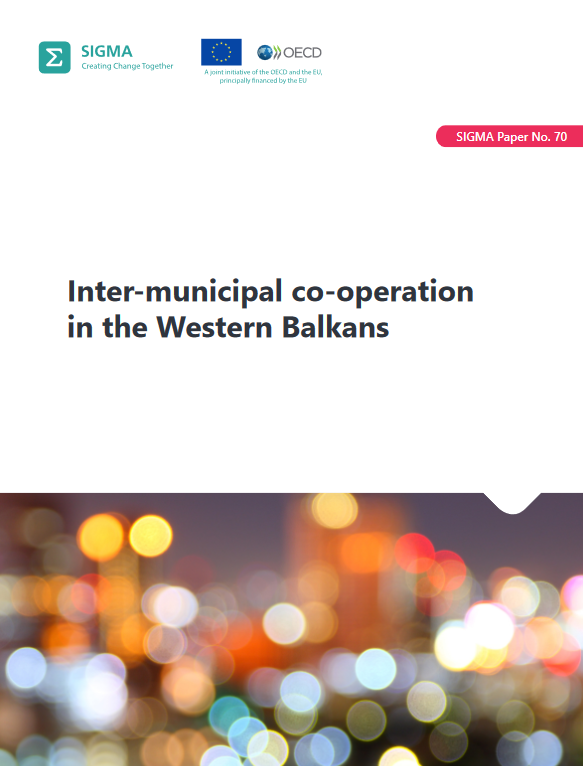Inter-municipal co-operation (IMC) has proved to be a constructive and efficient instrument in many EU and OECD countries for solving several issues at the local government level, including the lack of resources, administrative fragmentation, the investment burden of individual municipalities or better and more efficient organisation of public service provision. Although IMC is still often thought of as an alternative to the politically sensitive merging of small municipalities, nowadays its use has raised the interest of public administrations whose local governments are medium- and large-sized and that see this instrument as a way to empower local governments, provide them with more responsibilities, ensure sustainability of public services and fuel planning capacities and strategic thinking at the local and regional level. This paper summarises examples from EU and OECD countries where IMC either has a long-standing history or has recently received increased support and attention. It also provides an analysis of the legislative basis, support and incentives and practical data of IMC in the Western Balkan administrations. The paper offers several recommendations specific to the Western Balkan administrations for how to benefit from IMC.

